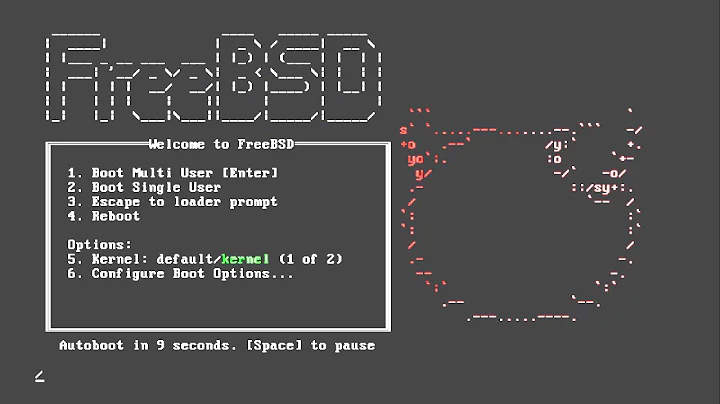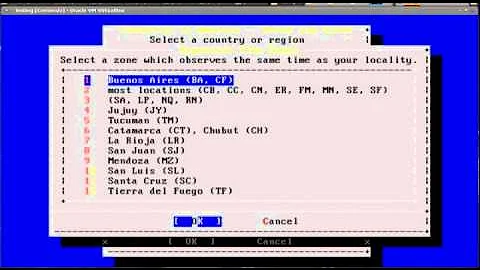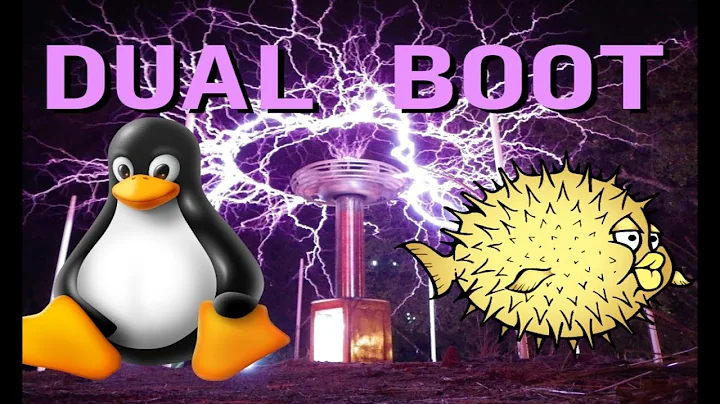How do you dual boot Debian and FreeBSD using GRUB2?
10,550
Append the following to your /etc/grub.d/40_custom replacing UUID with the UUID of the disk discovered with grub-probe -d /dev/sda2 -t fs_uuid
menuentry 'FreeBSD' {
insmod ufs2
insmod bsd
search --fs-uuid --no-floppy --set=root UUID
kfreebsd /boot/kernel/kernel
kfreebsd_loadenv /boot/device.hints
set kFreeBSD.vfs.root.mountfrom=ufs:/dev/ufsid/UUID
set kFreeBSD.vfs.root.mountfrom.options=rw
}
Note that for other distros and/or GRUB versions, kfreebsd might have to be changed to just freebsd.
Reference:
Related videos on Youtube
Author by
Fuyash Porchant
Updated on September 18, 2022Comments
-
Fuyash Porchant over 1 year
I've been trying to install FreeBSD alongside my Debian installation in a single partition. All examples readily present on the Internet had shortcomings:
- Some required chainloading the FreeBSD chainloader in ways GRUB2 refused to accept with "invalid signature".
- Some assume you've installed FreeBSD inside a BSD disklabel.
- None of the solutions (including loading /boot/loader) boot after changing the order of the devices or moving them from server to server.
- None of the solutions work on Debian: The naming of the GRUB2 options on Debian seems to be different from e.g. Ubuntu.
So how do I dual boot Debian and FreeBSD in the most reliable way?
-
 Admin over 11 yearsInstead of putting your answer in the question, please instead post it as an answer...
Admin over 11 yearsInstead of putting your answer in the question, please instead post it as an answer...
-
 Admin about 11 yearsI tried this. The first time the boot process stopped at a screen of many multi-colored squares blinking. Some with letters, some with extended ascii symbols. I went back and replaced
Admin about 11 yearsI tried this. The first time the boot process stopped at a screen of many multi-colored squares blinking. Some with letters, some with extended ascii symbols. I went back and replaced--set=root UUIDw/--set root=UUID. This time I got three error msgsno argument specified,file not found, andyou need to load the kernel first




